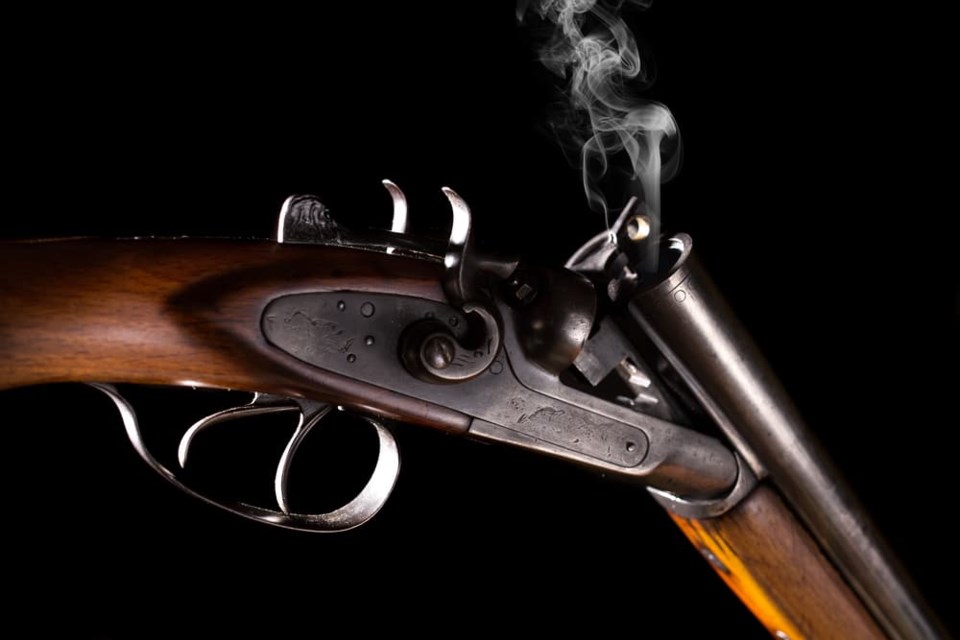Since the ascension of America, and perhaps even before, guns have been a core pillar of our culture. As Japanese Marshal Admiral Isoroku Yamamoto was rumored to have said, this country has “a rifle behind each blade of grass.”
Well, fear is the fertilizer that keeps our soil verdant, and, thanks to the fierce spread of COVID-19, America’s grass just got bigger. According to the FBI, an astonishing 3,740,688 NICS background checks were conducted in March alone. While this is a formidable record, it wasn’t entirely unexpected. After all, the news media has reported ad nauseam that firearm and ammunition sales have skyrocketed amid the coronavirus pandemic.
This story was initially going to be one of those reports, but when I went to various gun retailers and made phone calls to vendors, I encountered an unprecedented barrier: nobody wanted to talk to me. It was a rare moment that truly put a damper on the story I was trying to tell – I raised the question, “Why is this happening?” and I couldn’t get any answers.
Without a story, I was left to ponder on the clandestine and press-averse nature of the firearm industry. My parents are both gun enthusiasts and NRA members, and after venting to them about the situation, it hit me: our culture has an unusual affinity for guns because we can’t trust anybody.
Trust makes people vulnerable. Me asking gun proprietors to comment on a story is, in a sense, asking them to be vulnerable to the possibility of unfavorable press.
Now, that wasn’t my intention, but given how little the media is trusted, it might as well have been. According to a Sept. 2019 Gallup poll, 41 percent of Americans have “a great deal” or “fair amount” of trust in media outlets. While certainly an improvement from the polling agency’s abysmal 32 percent report back in 2016, that still means that about three out of five people in this country don’t trust the media.
These statistics aren’t nearly as damning as the ones from the Pew Research Center’s April 2019 report, which found that only 17 percent of Americans trust their government.
Our citizens clearly feel that their trust in our institutions has been violated, or to put it mildly, that these institutions don’t have the interests of the general public at heart. Just in recent memory alone, there is a steep laundry list of wrongdoings on the part of the media and government alike.
Just to give one example of the former, The New York Times supported the 2003 invasion of Iraq, and it’s for this reason that disgraced journalist Judith Miller fabricated accounts on the presence of weapons of mass destruction in the region. Not coincidentally, public opinion tilted toward opposition of the Iraq War the year the Times owned up to the error and parted ways with Miller.
We don’t need to look this far back for examples on how the U.S. government undermined the public’s trust. Perhaps one of the most glaring breaches of trust came to light in 2013 when whistleblower Edward Snowden revealed that a global surveillance program was being operated in cooperation with the telecom industry. Amid these reports, the Pew Research Center found that only 6 percent of American adults are “very confident” that intelligence agencies are keeping their records secure, with only 25 percent being “somewhat confident.”
With a level of public trust this low, it stands to reason that many people feel like they can only depend on themselves. Making yourself vulnerable to institutions that you don’t perceive as having your best interests at heart is a big ask, and for many people, being armed is the best way they can keep from letting their guard down.
Trust is a very malleable quality, however. This could all change the moment we encounter a breakdown of social order. Or perhaps something even more unexpected, like deer season.



![Another Puppy Stolen From Petland Frisco [Update]](https://www.vmcdn.ca/f/files/localprofile/images/news/petland.jpeg;w=120;h=80;mode=crop)
